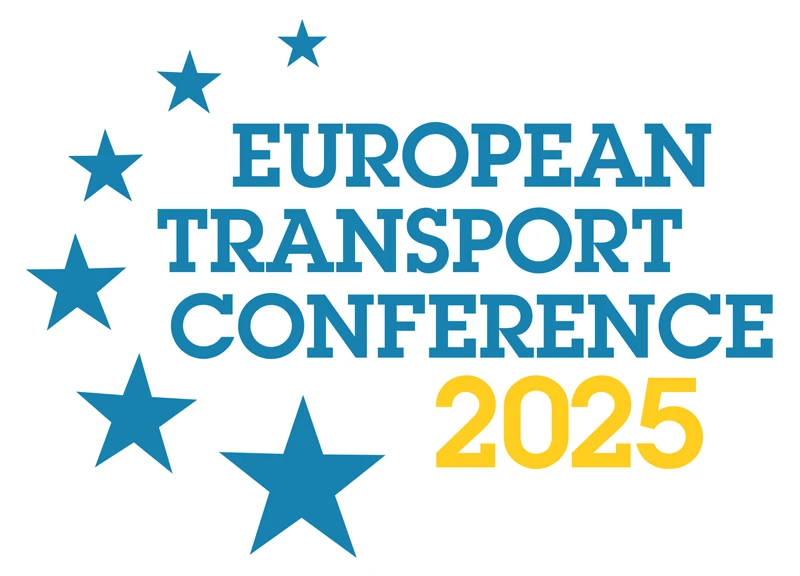-
Past ETC Papers

Browse, search and view papers from the past AET Conferences.
-
Members' Area

AET promotes networking and exchange of ideas, information and opportunities amongst members.
Conference Papers 2014
Frankfurt, Germany
ETC Conference Papers 2014
Air Traffic, Delays, and Regional Development
Seminar
Day 1 (29 Sep 2014), Session 1, Economics of Air Transport, 11:00 - 13:00
Status
Accepted, awaiting documents
Submitted by / Abstract owner
Volodymyr Bilotkach
Authors
Volodymyr Bilotkach, Newcastle University, Paulos Ashebir Lakew, University of California, Irvine
Short abstract
We evaluate effects of air traffic and delays on several indicators of regional economic development using a panel data from the US
Abstract
Studies of effects of air traffic on regional economic development ignore the fact that some of the observed effects may be generated by travel disruptions (e.g., some of the jobs created by air travel cater to passengers stuck at the airport after missing their connections). Therefore, ignoring air traffic delays leads to upward biased estimates of the effects of air travel. Further, simply measuring the relationship between traffic and local development, even if done when properly accounting for the underlying simultaneity, does not address the issue of the transmission mechanisms and the desirability of some of the growth effects. By controlling for the effects of travel disruption, we are able to begin addressing these issues.
This study measures effects of air traffic and delays on several conventional indicators of regional economic development. We use US airport-level quarterly panel data for 2003-2012 for this. Our delays data are very detailed, containing information on delays by both stage of flight (departure, arrival, and en route), and source (weather, carrier, late aircraft, etc.). We use conventional panel data analysis techniques, accounting for endogeneity of air traffic by using the instrumental variables approach. Preliminary data analysis results indicate two things. First, delays do have an impact on the local employment levels in the service industry. Second, the measured impact of air traffic on local service industry employment is reduced by about 25 percent once delays are accounted for.
Our study also contributes to the debates on the effects of airport congestion. As we are able to observe delays that are both endogenous and exogenous to the carriers, we can make inferences as to whether the effects of travel disruptions are different for these two types of delays. In particular, previous studies of the effects of delays on airfares have demonstrated that weather delays have the largest effect on prices.
Documents:
No documents yet.
Association For
European Transport
Forester House
Doctors Lane
Henley-in-Arden
Warwickshire, UK
B95 5AW
+44 (0) 15 64 793552
VAT number: 710 1866 64
Conference Supporters & Endorsers




Legal Entity
The Association for European Transport is registered as an Association ('vereniging') with the Chamber of Commerce for Haaglanden in The Netherlands under company number 27170096.
Built on Zenario




